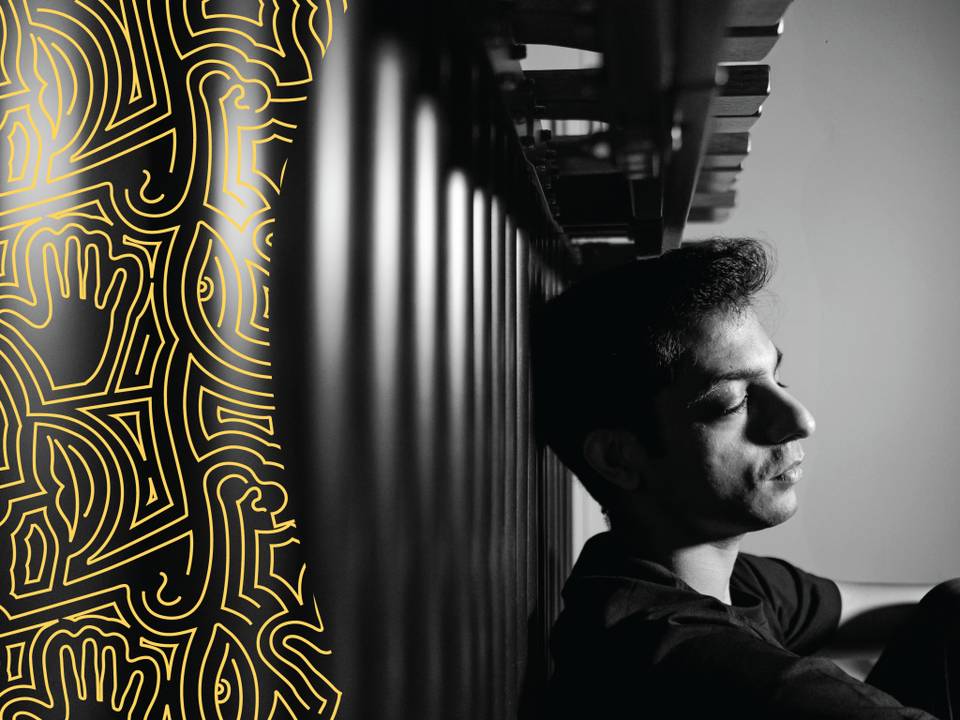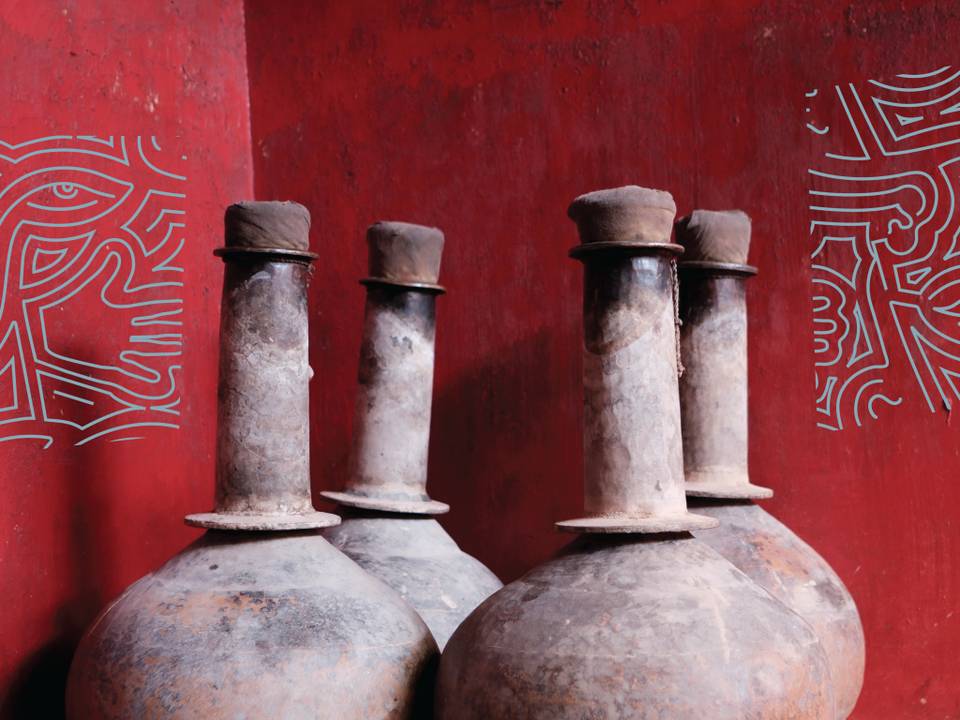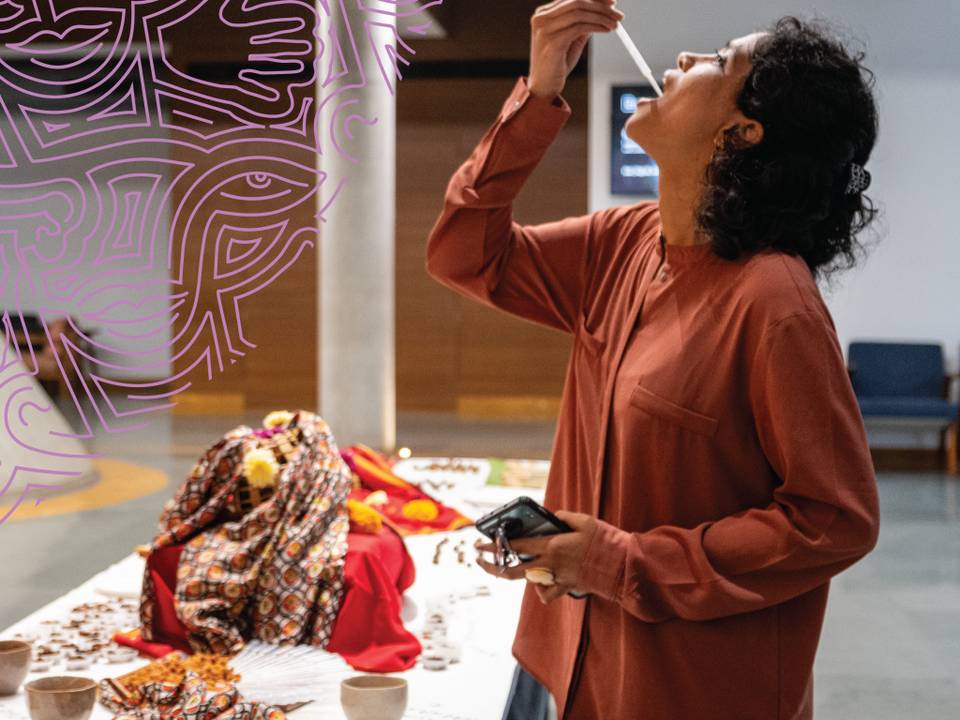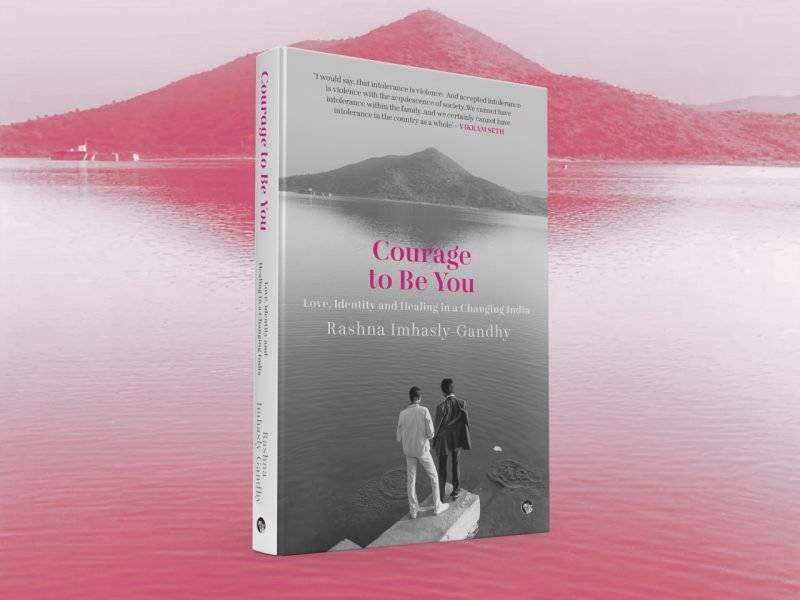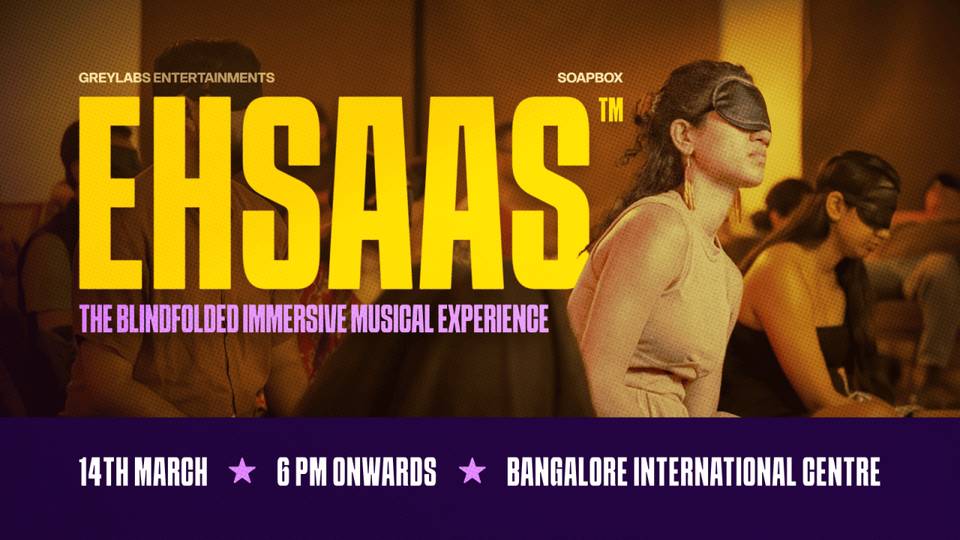From the Frugal to the Ornate Stories of the Seat in India
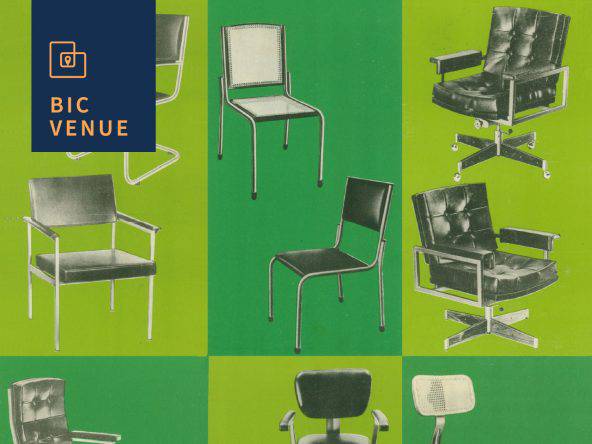
Details
Jul 19 2022 to Jul 19 2022 6:30 p.m.
EVENT HAS ENDED
Where
Bangalore International Centre
7 4th Main Rd, Stage 2, Domlur 560071
Event Description
Cross-linking disciplines from contemporary design practice and production to design anthropology and cultural trends, Sarita Sundar’s book ‘From the Frugal to the Ornate’ investigates and spotlights the seat’s relationship with its sitter, and other people in its periphery. It examines the power the seat wields, and the power it grants by sheer association. Bestowing life and spirit into objects, the book asks: what is the seat for, what are the worlds to which it belongs, what worlds have been (and will be) opened by it? By deconstructing the seat, From the Frugal to the Ornate: Stories of the Seat in India, reflects upon the marked shift in the way practitioners, users, and analysts conceptualize and engage with object culture and a subsequent ‘turn to the material’. Godrej Archives launches the book ‘From the Frugal to the Ornate’ by Sarita Sundar on 19th July. There will be a panel discussion with Sarita Sundar (Author of the book and Founder, Hanno), Deepak Srinath (Founder/CEO, Phantom Hands), Sandeep Sangaru (Designer/Founder, Sangaru Design Objects) moderated by Suchitra Balasubrahmanyan (an independent scholar of Design Studies), around the evolution of the seat or The Chair in the backdrop of the larger social and cultural history of the Indian subcontinent. Presented by Godrej Archives Located in Mumbai, Godrej Archives collects, preserves and manages records covering 125 years of the company’s history. The idea was mooted in 1997, the group’s centenary year, by Mr. Sohrab Godrej, former chairman of the Godrej group, who had over the years, taken up the task of collecting relevant documents and photographs. Since then, Archives has been recording the history of Godrej – its products, plants and people – and making it available for research. The Archives helps the organisation identify records that are of historical value. Godrej Archives works in collaboration with preservation and conservation experts in the country to conserve records using state-of-the-art standards and practices. Over the years, the Archives has motivated researchers, academicians, students as well as artists to engage with history through research fellowships, lectures and artistic interventions to educate the masses about the imminent importance of the Archives and the valuable history of our lived world that is especially significant for the Indian subcontinent.



